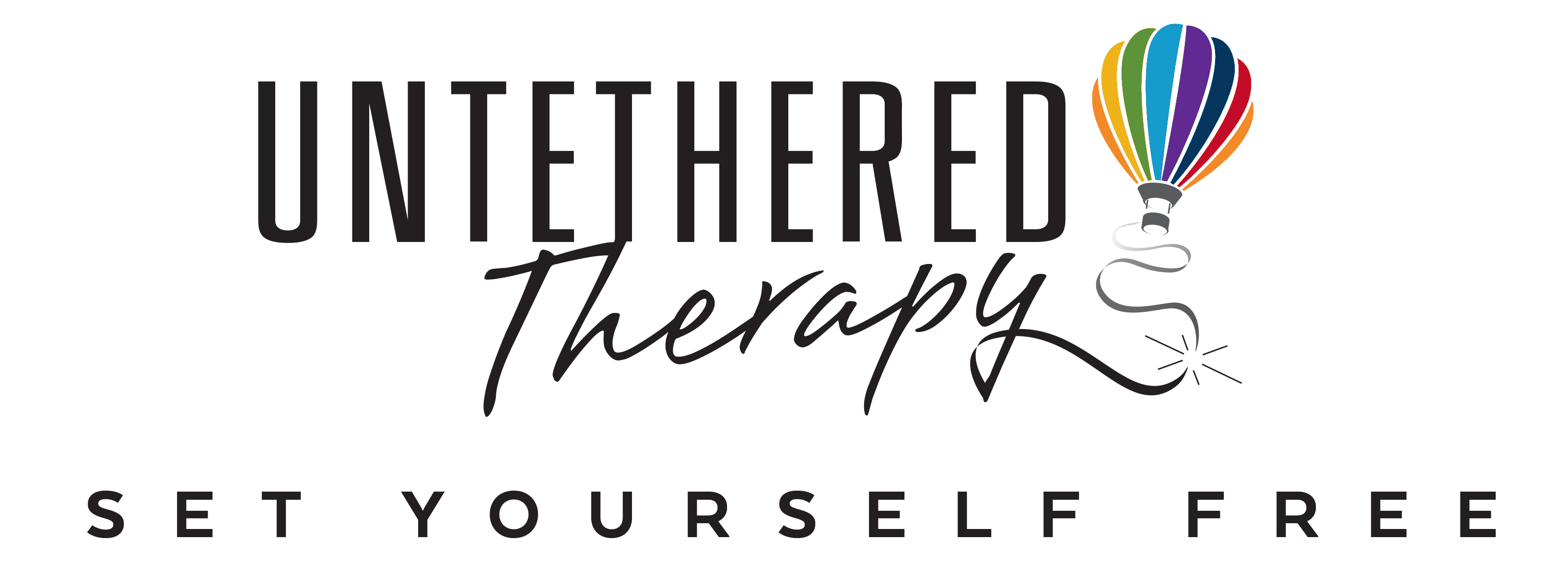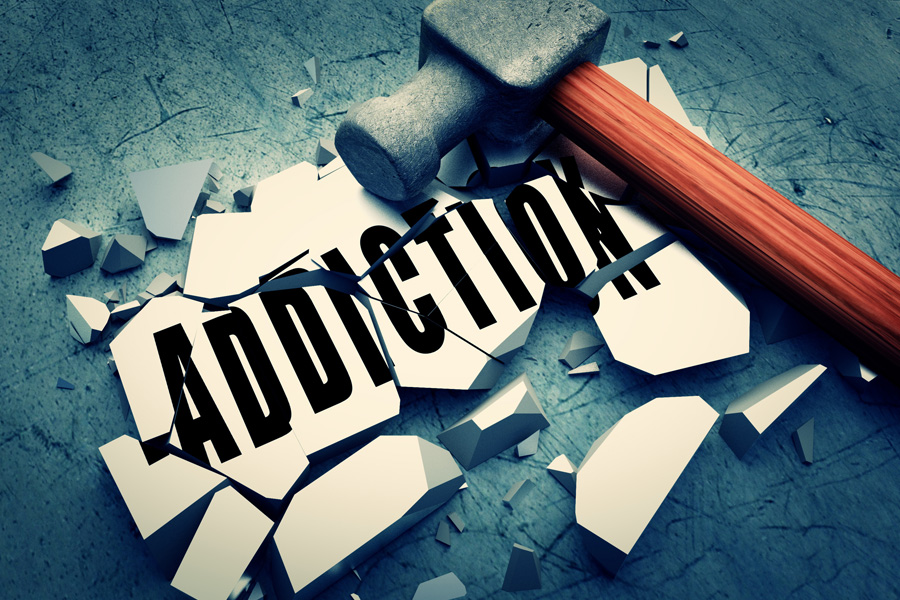
IMPACT OF ADDICTION
“Not all addictions are rooted in abuse or trauma, but I do believe they can all be traced to painful experience. A hurt is at the centre of all addictive behaviours. It is present in the gambler, the Internet addict, the compulsive shopper and the workaholic. The wound may not be as deep and the ache not as excruciating, and it may even be entirely hidden – but it’s there. As we’ll see, the effects of early stress or adverse experiences directly shape both the psychology and the neurobiology of addiction in the brain.”
― Gabor Mate
There are two basic categories of addiction, process and substance. Process addiction uses a behavior to activate the pleasure centers of the brain in order to create a high, euphoric, or dissociative response. Common process addictions include: food addiction, sex addiction, workaholism, gaming, gambling, and exercise addiction etc. Whereas substance addiction involves ingesting a chemical to achieve the same result.
“Addictions are not about feeling good, they are about feeling less. Addicts turn to addictive substances and behaviors not because they want to have a good time, but to self-medicate and self-regulate their emotions. Their primary goal is to escape from life and not to feel stress, anxiety, depression, fear and other forms of discomfort.”
― Rob Weiss, Prodependence
The more reliant the person becomes on the addiction, the more negative consequences mount, and the more the addict has to use in order to escape the chaos. With this escalation, oftentimes there is overlap with substance use and behavioral addictions.



